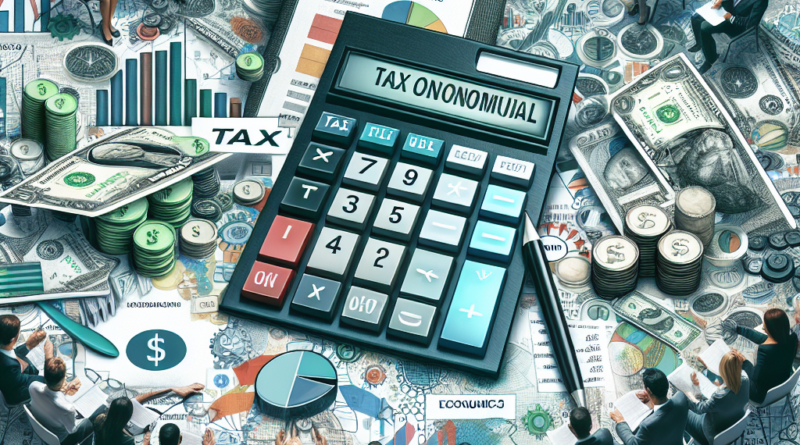Avoiding Taxes with the 730 Form: Is it Legal?
How to Legally Avoid Paying Taxes with Form 730
Is it really possible not to pay taxes with the Form 730? While many see the annual income tax return as the way the Tax Office collects taxes from taxpayers, it can actually be the tool that workers can use to legally avoid paying taxes.
All citizens are required to pay the personal income tax (Irpef) annually on any generated income (not just from work or pension).
Pensioners and employees pay their due monthly as the tax substitute (the employer or the pension institution) withholds the monthly Irpef amount directly from the salary or pension slip.
Using Form 730 to Reduce Taxes
As mentioned earlier, Form 730 can be the right tool to not pay taxes.
In many cases, employees with only one tax substitute and no other income do not file the annual return (often seeing it as an obligation they are exempt from), but they are mistaken.
By submitting Form 730, even those not obligated can offset the tax due with expenses incurred in the reference tax year eligible for deductions.
In this way, having already paid Irpef through the salary, deductions turn into a refund of the tax paid.
What not everyone knows is that the Form 730 refund does not reimburse part of the expenses incurred but returns part of the tax already paid and not due because it was offset by the expenses that are deductible.
For instance, those with no tax liability do not have the right to deductions as they do not pay Irpef.
In their case, the Tax Office does not refund medical or education expenses but does not allow the deduction due to the absence of tax paid (or to be paid) to subtract the deduction.
This example clarifies that the Form 730 refund does not reimburse part of medical expenses or mortgage interests but returns the tax paid and not due (because it was reduced by deductible expenses).
Always Submit Form 730 to Reduce Tax
The exemption from filing Form 730 for certain categories of taxpayers should not deter from submitting the return if deductible expenses were incurred in the previous year.
This way, you can recover part of the taxes already paid.
The recommendation is always to evaluate the convenience of submitting the form, especially when seeking assistance from a tax assistance center or a qualified professional: in some cases, if not done independently, the cost of submitting Form 730 could exceed the tax benefit, especially if the deductible expenses are limited.
For medical and health expenses, the deduction is only applicable to expenses exceeding 129.11 euros.
For instance, if you have pharmacy receipts totalling 200 euros, the 19% deduction only applies to around 70 euros, resulting in a refund of approximately 13.30 euros.




